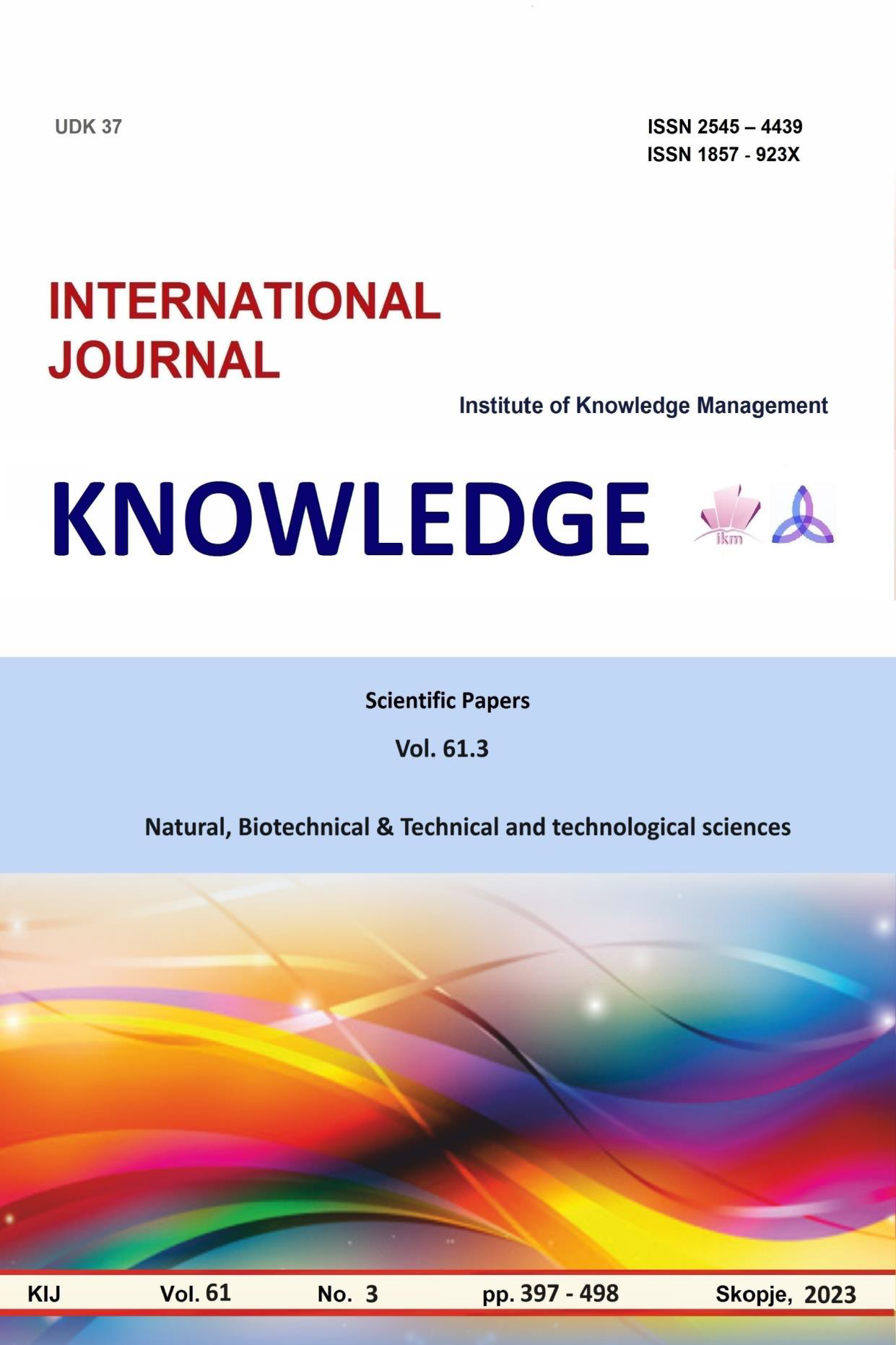COMPARATIVE ANALYSIS OF THE IMPORTANCE OF THE METHODOLOGICAL QUALITY ASSURANCE CRITERIA OF TWO STUDY PROGRAMS USING OPTIMIZATION MODEL
COMPARATIVE ANALYSIS OF THE IMPORTANCE OF THE METHODOLOGICAL QUALITY ASSURANCE CRITERIA OF TWO STUDY PROGRAMS USING OPTIMIZATION MODEL
Author(s): Riste TimovskiSubject(s): Social Sciences, Education, Higher Education
Published by: Scientific Institute of Management and Knowledge
Keywords: higher education;quality assurance;analytical hierarchy process;mathematical optimization
Summary/Abstract: Over the past three decades, quality assurance mechanisms and processes in higher education have become one of the most common aspects of the educational systems in Europe, USA, Canada and Australia. There were multiple reasons and factors that have contributed to this development, all of them converging into the following common statement: The overall development of each country based on the increased productivity and being competitive in the modern economy is directly related to having workforce that is appropriately educated, possessing the necessary skills and competencies to engage in the social, economic and industrial life of the country. This normally led to increase of the public funding of the educational system, especially public educational institutions that are the universities themselves. This meant not only increasement of the budget for the public universities, but also establishment of new study programs that will produce educated people ready to respond to the modern trends and also making the higher education more affordable and accessible to different categories of population. Need for establishment of mechanisms for quality assurance in higher education emerged naturally in the world, where having a strong relationship between the needs of the labor market and the structure of the study programs at the faculties is a must. Multiple approaches are developed in this context, bearing in mind the difference of the importance of all the features and characteristics of the study programs in different countries. One of the important aspects of the study program as core unit at each faculty is the methodological (pedagogical) aspect of the process of knowledge delivery teacher student. Multiple criteria define a set that can be used to describe and measure the efficiency of this relation. Mathematical modeling technique AHP (Analytical Hierarchy Process) is applied to two completely different study programs (Turkish language and literacy and Computer engineering and technologies), measuring the importance of preselected methodological criteria and processing the data through the AHP mechanism. The preselected criteria are: planning and organization of the teaching process towards student’s needs, realization of the teaching process through bigger encouragement of the students to apply the knowledge in practice, use of new educational methods and technologies in the teaching process and mentoring the students. The final result is comparation of the importance scales of the criteria related to the non-technical and technical study program from the first cycle of studies, which gives information about the quality level of each criterion related to each study program, thus giving information about the needed level of improvement of some criteria.
Journal: Knowledge - International Journal
- Issue Year: 61/2023
- Issue No: 3
- Page Range: 469-473
- Page Count: 5
- Language: English

